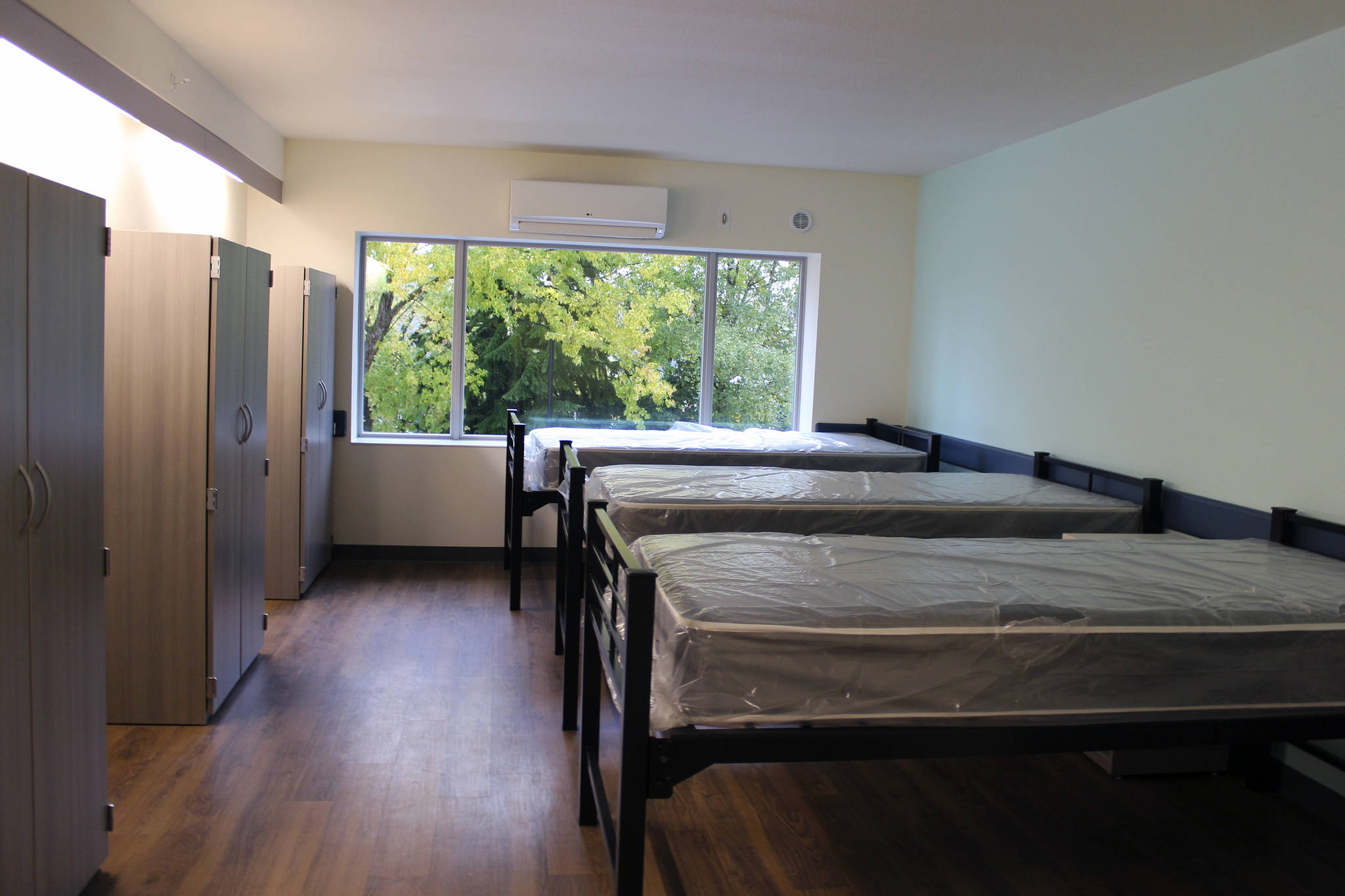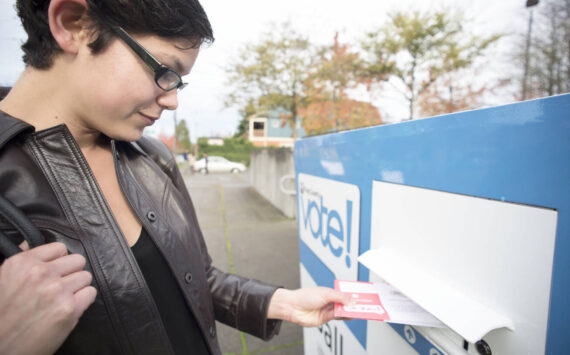The King County Regional Justice Center in Kent typically holds between 700 and 1,000 inmates at a time—some of whom are serving out sentences, others who are awaiting trial. Most of those in custody are adults. But at any time anywhere from 15 to 25 of the people in the county jail are youth under the age of 18. Based on the discretion of a King County prosecutor, these teens are being charged as adults, and the treatment they receive at the RJC while awaiting trial differs significantly from the treatment they would be receiving in juvenile detention, according to a class action lawsuit filed Monday in federal court.
The suit alleges that its teenage plaintiffs have been held alone in small, concrete, windowless cells for at least 23 hours a day, sometimes more. They often remain in these cells for days, weeks, or months at a time, with very limited opportunities for recreation, education, or even stretching their legs; sometimes they are only allowed out for 15 minutes every three days. Sometimes, during those 15 minutes, the only place they’re allowed to go is to a room adjoining the cell.
The official reason for being placed in this kind of solitary confinement at the RJC, according to staffers at Columbia Legal Services (the nonprofit firm filing the suit), is often “minor misbehaviors that are common for many teenagers,” such as failing to meet a dress code or “mouthing off” to correctional officers. Once, a plaintiff was disciplined and put in isolation “because he put jam in a lock,” says Nick Straley, a CLS staff attorney who helped conduct an investigation into the RJC’s practices over the past year. To simply “add on and add on and add on” to time spent in isolation for these kinds of pranks without “provid[ing] services to keep the kid from misbehaving,” Straley argues, is both ineffective and inhumane. Research shows that solitary confinement has an even more devastating impact on the teenage brain than it does on an adult’s. It is for this reason that, in January 2016, former President Barack Obama banned federal prisons from holding youth in isolation.
“It’s bad for anyone, but specifically bad for juveniles,” says Travis Andrews, the Juvenile Justice Policy Analyst at CLS. “Regardless of what their criminal status should be, we believe that children should be treated as children.”
Andrews describes clear “physical and responsive differences” between the time he first began meeting with some of the incarcerated youth at the RJC, and more recently, when they’d spent a significant amount of time in solitary. As of this week, at least three out of the four plaintiffs are still being held in solitary there, CLS staffers say. One told Straley that he had been held at the RJC for about 16 months, and approximately “13 of those months, he’d been held in isolation for one reason or another.” Yet, Straley says, “It’s not a mystery to the county how to treat juveniles more appropriately.”
Right now, youth being held at the Youth Services Center (a juvenile detention facility that will be replaced, if things go according to King County’s plan, with the Children and Family Justice Center, a.k.a. “youth jail”) are also put in solitary, but not for very long—a couple hours at most, say CLS staffers. The Youth Services Center “prohibits the use of isolation outside of an attempt to deescalate a situation,” says Andrews. It also guarantees every resident a minimum of four hours of schooling per day, something the kids are not getting at the RJC. A recent University of Washington Medicine report commissioned by King County also recommended that “youth should not be placed in isolation” for more than two hours.
“King County has asserted a goal of no youth detention,” adds Andrews. “If this is the case, how can we possibly be keeping our juveniles in isolation under the conditions they’ve been in?”
The CLS lawsuit seeks relief for violation of the young inmates’ rights to due process, as well as their state and federal constitutional rights to freedom from cruel or unusual punishment, a free public education, and special-education services. Many youth held at the RJC have “mental or physical disabilities, have suffered physical, emotional, or sexual abuse, and have experienced severe poverty or homelessness,” according to a CLS statement released Tuesday. And the vast majority of them are youth of color. According to an annual report compiled by King County, 86.6 percent of all youth tried as adults in 2016 were nonwhite.
The lawsuit describes racial bias being displayed at the RJC, too. “Children report being sworn at, called ‘stupid’ and told to ‘shut up’ regularly by staff,” the suit alleges. “A few of the correctional officers are particularly unpleasant. One particular correctional officer asked a child of color with a Latinx-sounding surname, ‘You’re still here? I thought with the president cracking down you would’ve been deported by now.’ The youth informed the officer that he was Native American and a United States citizen. One youth subject to days of such disrespect from the same officer finally snapped and spit in his face. He was immediately sent to isolation where he remained for two months.”
We reached out to King County for comment on the lawsuit, and a spokesperson provided a statement. “We just received the complaint, and we’re looking into each of the allegations,” it reads. “We are in communication with Columbia Legal Services. Deputy Executive Rhonda Berry is heading up our efforts on reforming youth detention,” including at the RJC. “That work is continuing.”
CLS has filed suits in support of the rights of juvenile detainees in the past, including one against the Pierce County jail for not providing adequate education to the youth there, Straley says. But this is the first-ever class action lawsuit in Washington against a county jail over youth isolation that CLS is aware of.
State law currently stipulates that if a prosecutor charges someone who’s 16 or 17 years old with one of a list of certain crimes, that minor is automatically charged as an adult. “The collateral consequences of an adult conviction are much more serious,” Straley says. “It’s a huge, huge issue whether a child should be charged as an adult.” Yet right now, it is the prosecutor who makes that decision, not a judge. “It’s all in the prosecutor’s hands. We don’t believe that’s appropriate.”
This week’s case isn’t a challenge to the state law, however; it simply challenges how youth charged as adults are treated in King County. At the end of the day, Straley adds, many kids who are incarcerated temporarily at RJC will end up pleading guilty to juvenile charges, and then spend time in the juvenile system, “after having been locked up for months or years in an adult jail. It’s not as though these are hardened criminals,” he says. “No child, no matter what they have done, should be treated this way.”
sbernard@seattleweekly.com








